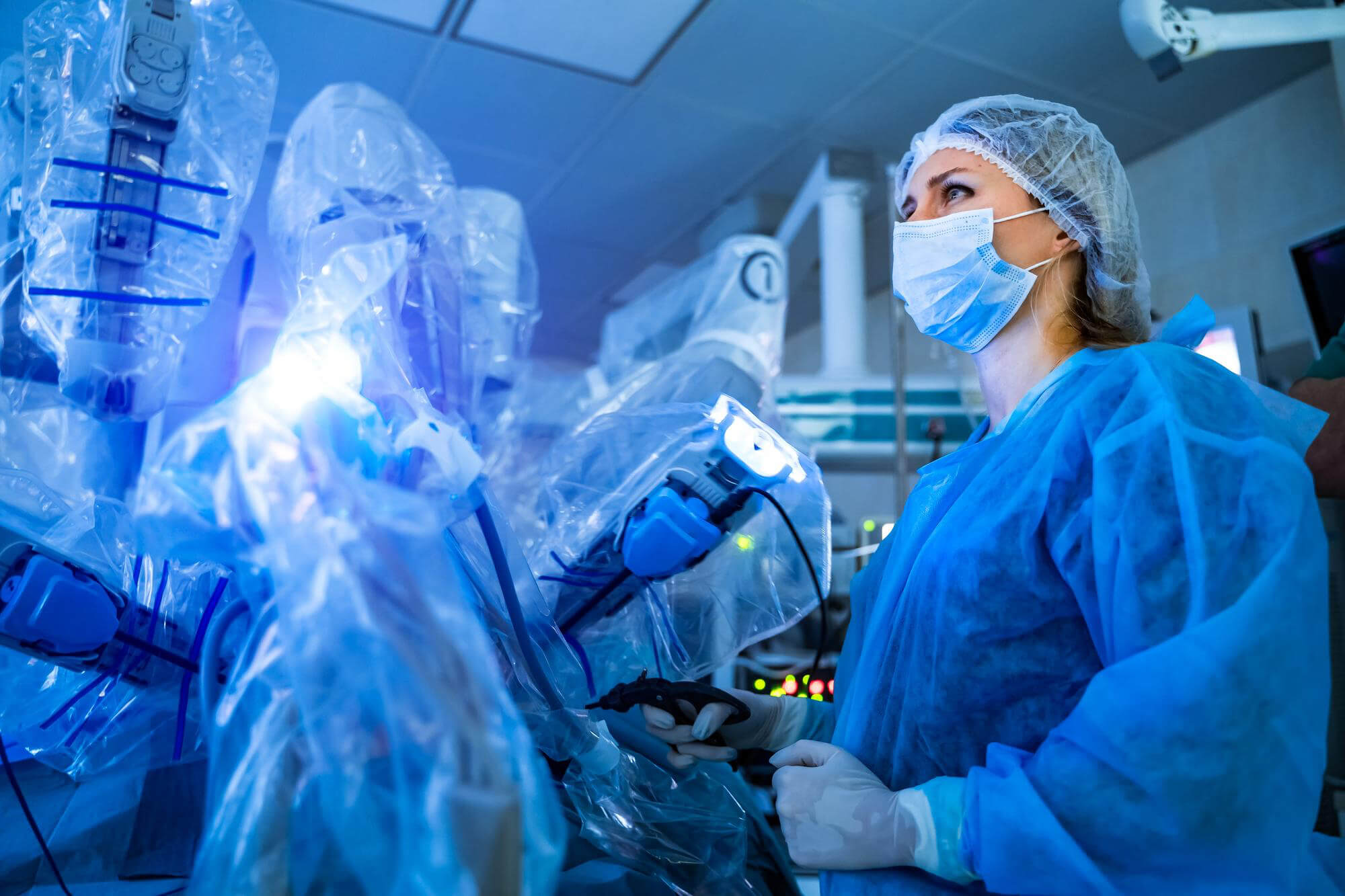What is laparoscopy and in which cases may laparoscopic surgery be necessary? How is the procedure performed and what do I need to know about post-operative care?
Laparoscopy is a surgical procedure that allows the surgeon to access the abdomen and pelvic cavity without having to make large incisions in the skin. Laparoscopy is often used to identify and diagnose the source of pelvic or lower abdominal pain and is performed when imaging techniques (ultrasound, MRI, CT) cannot help make a diagnosis. The procedure can also be used to take a biopsy, i.e. a tissue sample from an organ of the abdomen.
Laparoscopy can be done for a number of reasons, for example:
removal of fibroids, ovarian cysts, lymph nodes or ectopic pregnancy;
treatment of a number of disorders, including urinary incontinence, pelvic organ prolapse and certain forms of cancer; and
the evaluation of certain cancers, including cancers of the ovaries, uterus and cervix.

Laparoscopy can be used for a number of different surgical procedures, including:

The benefits of laparoscopic surgery include:
You may experience some discomfort on awakening and some discomfort around incisions, which should improve considerably with painkillers. It is important to take your painkillers regularly at predetermined times during the first few days, not just when you are in a lot of pain, as this will help to make the effect more even. The painkillers will gradually become unnecessary over time.
There are three stages of wound healing after laparoscopy.

weeks or weeks after the operation. If you do any physical work, wait at least two to three weeks before you
return to work.
The Wáberer Medical Center provides the best specialists and surgeons for your patients, and we even offer you a luxurious recovery! In our clinic overlooking the Buda hills, you will find comfortable double rooms and professional medical staff to meet all your needs.
If you need a comprehensive gynaecological or other specialist examination, come and see the excellent specialists at the Wáberer Medical Center! Call us at +36-1-323-7000 or book an appointment online on our website quickly and easily!